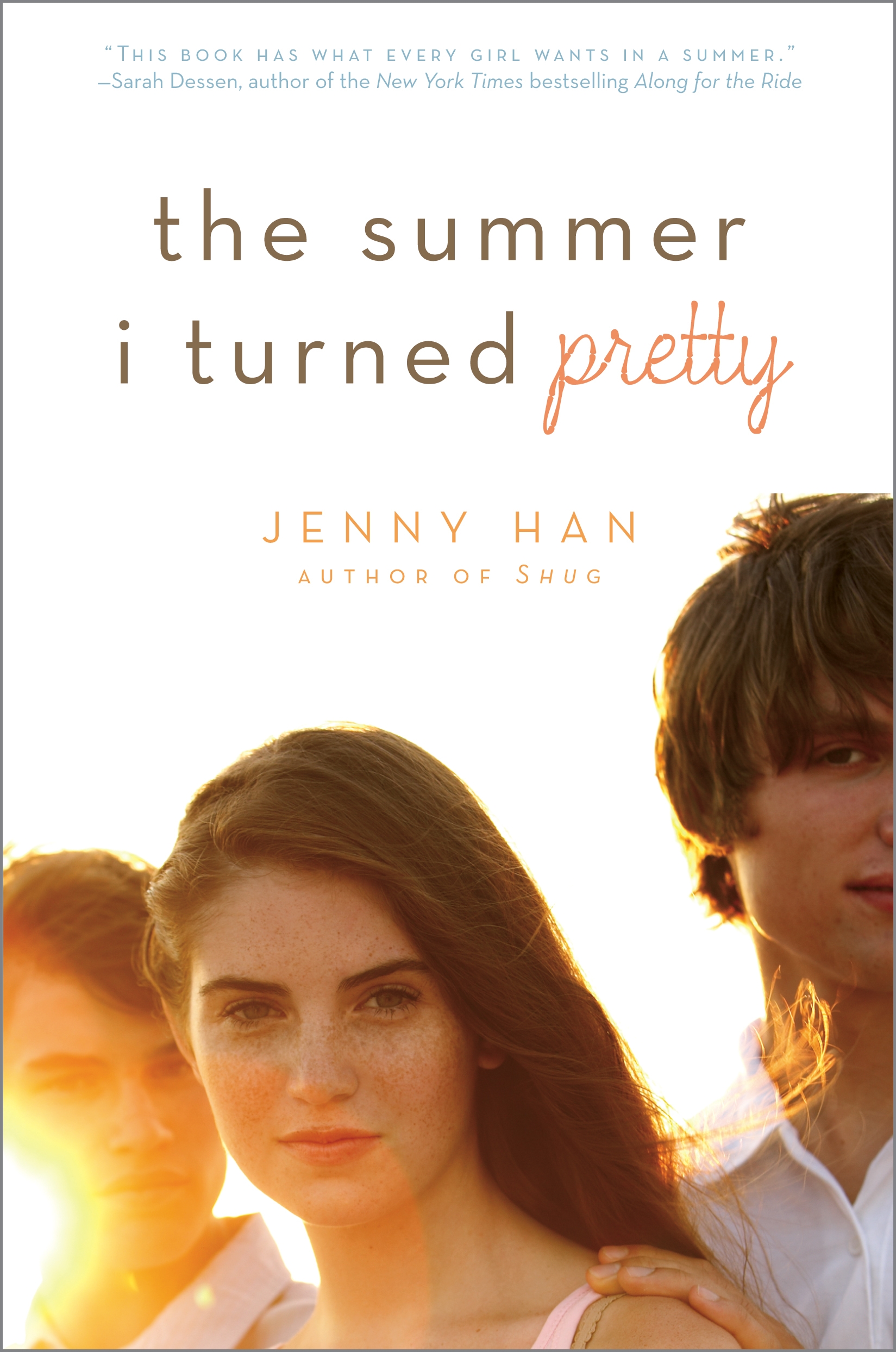Links + Things: "Sick Lit," Writing Economics, Book Cover Woes and More
In addition to these links, there are a bunch of recaps of the ALA Midwinter Meeting and Exhibits, including my own, popping up.
Anna from Verity Books rounded up links to a few posts and Liz Burns has a comprehensive list of all the award winners.
Onward, ho!
Links
However, although the term “sick-lit” may be new, the range of situations the teens in these books are experiencing certainly aren’t. Abuse, depression, suicide, terminal illness; YA authors aren’t fabricating these topics. Many teens throughout the world have already been, and still are, living these tragedies every second of every day.
Over at The Hub (the Young Adult Library Services Association's blog), Dena took a look at the idea of "sick lit" as criticized in a recent Daily Mail column. She hits the nail on the head in critiquing original piece.
Honestly, some "sick lit" bothers me because it feels a bit (or a lot exploitative), but some is done very, very well. Ultimately, like so much related to literature, it's all in the execution.
The other interesting thing (to me) is how erratic the checks were. I made a total of $115 in the month of January, but February was an awesome month, with more than $6000 showing up in the mail. March and April went the same way.
As a freelancer, I completely sympathize with the case studies of the erratic and often poor compensation for genre novelists outlined in GalleyCat's recent post. I think if more readers understood the financial realities writing, they'd be less likely to steal ebooks. I've seen a lot (a lot!) of chatter on Goodreads lately with readers suggesting places books can be pirated, and that's pretty disappointing.
If you're a book lover, and you're on a limited budget for book purchases (as most of us are), one way to support the book economy so authors can afford to keep writing is simply suggesting a purchase to your local library (assuming you have one)--my library has purchased every single book I've recommended.
I surmise that publishing houses are making these ugly, horrifying book covers for female classics to appeal to teen girls, maybe even female lovers of genre fiction.
This needs to stop.
Sure, as I said above, many teen girls have bad taste. But why would we encourage that by destroying the covers of these beautiful classic books?
You know, the author makes some good points that some of these covers make no sense (especially Herland), but at the same time, I'm not digging the genre-shaming subtext of her commentary. (Seriously, let's stop that--it's just tiresome and lazy.)
Furthermore, some of them do make sense in the context of the book. The Bell Jar--which prompted this hullabaloo--does have a notable scene about a compact and, quite honestly, I never found the original cover particularly compelling (though I am not a fan of the book either).
When it comes down to it, I guess I don't have a huge problem with modernizing classic covers to appeal to a new generation of readers. Call me crazy, but I don't think classic books are special snowflakes that have to remain visually static forever and always.
And the choices the HuffPo editor made are strangely selective (including some old and foreign editions with no context provided), since there are many, many excellent, appealing cover revamps of classic novels. (Which reminds me, I've been meaning to write a longer post on that subject.)
Romance takes a good amount of snide derision for being "formulaic" or "all the same," which is utter craphooey. There is a structure to romance, just as there is to any good piece of fiction that's satisfying to read, and there are familiar elements that are usually employed, but that does not mean the books are all the same–any romance reader could tell you that much.
Amen, amen, amen!
Like the sick lit mentioned above, tropes fail or succeed thanks to execution. I'm always impressed with a familiar trope subverts my expectations and makes me think about familiar characters, situations and circumstances in a fresh way. (Which is why I enjoyed the book I reviewed on Wednesday so very much.)
In 2013, instead of publishing even more books, publishers must focus on the “how” instead of the “why” regarding discovery and purchasing habits of the consumer. People buy books because they like them; now publishers need to fine-tune how books are discovered. If they don’t, expect even more bleak sales numbers in the future. Finding your audience is everything; publishing great books with a dedicated team who can lead you to them shouldn’t be considered reaching for the stars.
When I saw that one of my favorite Twitter-ers and book publicist extraordinaire, Kathleen Schmidt (aka @Bookgirl96), had a new column for the Virginia Quarterly Review, I immediately added VQR to my reader so I'd be sure not to miss her thoughts on publishing. Her point of the necessity of focusing on tools for book discovery are absolutely spot on. It's not an easy task in today's consumer climate but something's happening with the way we discover books and if it's not addressed, I just don't know what will happen to traditional publishing.
Things
- Art and word nerd alert! Will someone in Manchester please go see the 350 etchings by William Blake that were discovered in the John Rylands library on my behalf? The Burning Bright exhibit runs through June and sounds absolutely incredible. Ah, William Blake...
- The ALA awards lists are out and while there are lots of interesting results, the list that always interests me most is the Alex Awards, which is for adult novels that have appeal for teens. My to-read list get really, really big after looking at this year's list.
Support Clear Eyes, Full Shelves
Buying via these links help support our hosting & podcast production costs.











